You begin to liquidate a people by taking away its memory. You destroy its books, its culture, its history. And then others write other books for it, give another culture to it, invent another history for it. Then the people slowly begin to forget what it is and what it was. The world at large forgets it still faster.
— Milan Kundera, in The Book of Laughter and Forgetting
We are living in an era of great Hindu awakening. After centuries of civilisational amnesia imposed through colonisation, political manipulation, and intellectual distortion, Hindus are rediscovering who they are. There is a growing self-awareness and self-esteem—a recognition that Sanatana Dharma is not a relic of the past but a living, breathing continuum that is as ancient as it is modern, as sacred as it is rational, and as religious as it is scientific.
Yet, as this consciousness rises, so too does a more sophisticated form of opposition. Gone are the crude, overt attacks on Hinduism. The new offensive is subtler: it praises the tradition outwardly while hollowing it out from within. The sacred is stripped away, leaving behind only a cultural shell—sanitised, commercialised, and secularised.
Diwali is a classic example.
Once a deeply spiritual celebration grounded in profound human and moral values, Diwali is now often reduced to a vague “festival of lights” symbolising the victory of “good over evil” and “light over darkness” — but stripped of its rich Hindu context. While these phrases aren’t inherently wrong, divorced from their sacred roots they detach Diwali from the core religio-cultural traditions that give it true meaning: the joyous return of Sri Rama to Ayodhya, Krishna’s slaying of Narakasura, and Goddess Kali’s triumph over demonic forces.
Imagine if Christmas were explained merely as a “festival of love conquering hate”, with all references to Jesus erased. That’s what has happened to Diwali. No gods, no demons, no religion, no story—just a feel-good celebration. At this rate, even “light” might soon be declared polluting. Recall how a Samajwadi Party leader recently questioned the rationale of spending on diyas, drawing parallels with Christmas celebrations abroad, and suggested Bharat should emulate them. One day, someone may well ask why Diwali is even needed when Christmas is just a month away. Why not club the two together—to save money for a “poor” country like Bharat?
Impact Shorts
More ShortsAnd this secularisation—or should one say desacralisation?—is not accidental. Each Hindu festival now faces its own “civilising campaign”. Before Diwali, one is compulsively reminded to save the environment; before Holi, the campaign gains ground to conserve water; before Raksha Bandhan, gender rights come to the fore; and before Shivratri, one witnesses an online movement to stop “wasting milk”. Under the guise of modern-day morality and sensibility, the sacred fabric of these festivals is systematically targeted and assaulted.
Environmental consciousness and social justice are causes worth emulating, but their selective invocation only against Hindu festivals betrays their dubious, anti-Hindu intent.
The problem with the “Festival of Lights” narrative is that it seeks to secularise Diwali by divorcing it from its sacred roots. It distorts the Indic notion of festivity—one that embraces diversity while being bound by a shared civilisational core.
Diwali in the North celebrates Rama’s homecoming; in the South, Krishna’s victory over Narakasura; and in Bengal, Kali’s triumph over demons. In Tamil homes, Diwali morning begins with an oil bath, invoking the presence of Goddess Lakshmi and the sacred waters of the Ganga. “Ganga snanam aacha?” (Have you had your holy dip in the River Ganga?): This is a customary greeting exchanged on Diwali, referring to the ceremonial oil bath. Invoking Ganga manifests a strong sense of civilisational unity in the Sanatana Dharma.
Such assaults aren’t just limited to the popular/cultural arena; they run deeper into academia as well. Sheldon Pollock, a prominent American Indologist, for instance, has interpreted Sanskrit texts and traditions as a tool of oppression and elitism. In his book The Battle for Sanskrit, Rajiv Malhotra exposes how Pollock has worked tirelessly to strip Sanskrit of its sacred identity.
The American Indologist, for instance, has accused Sanskrit of “Brahmin elitism”, besides influencing British colonialism and German Nazism. Pollock describes Sanskrit as “at once a record of civilisation and a record of barbarism—of extraordinary inequality and other social poisons”.
His discomfort with Sanskrit’s Sanatana roots is such that he interprets the Ramayana as a political code through which “proto-communalist relations could be activated and theocratic legitimations rendered”. He alleges that the Ramayana’s portrayal of Ravan and the Rakshasas as “others” forms the ideological foundation for later-day hatred for Muslims. In his view, the sacred Hindu epic itself has been instrumental in legitimising violence against Muslims.
Pollock’s dangerous assertions aren’t mere academic theories. They are ideological weapons designed to delegitimise Hindu civilisation by attacking its moral and spiritual core.
When sacred stories are desacralised, the culture they sustain begins to erode. Once memory fades, replacement histories can be written. That is how a civilisation is colonised—this time, not by armies, but by narratives.
The battle, therefore, is not about fireworks or rituals—it’s about their sacred, innate meaning. It’s about whether Hindus will continue to define their festivals, their texts, and their traditions, or whether others will define them for them.
As Kundera warned, when people lose their memory, they lose themselves.
The “modern” sanitisation of Hindu festivals, the intellectual deconstruction of its sacred texts, and the cultural detachment from its civilisational roots are all parts of the same process—a slow liquidation of Bharat’s civilisational identity.
Diwali is merely the battleground; the real target is Sanatana Dharma.
The views expressed in the above piece are personal and solely those of the author. They do not necessarily reflect the views of Firstpost.


)
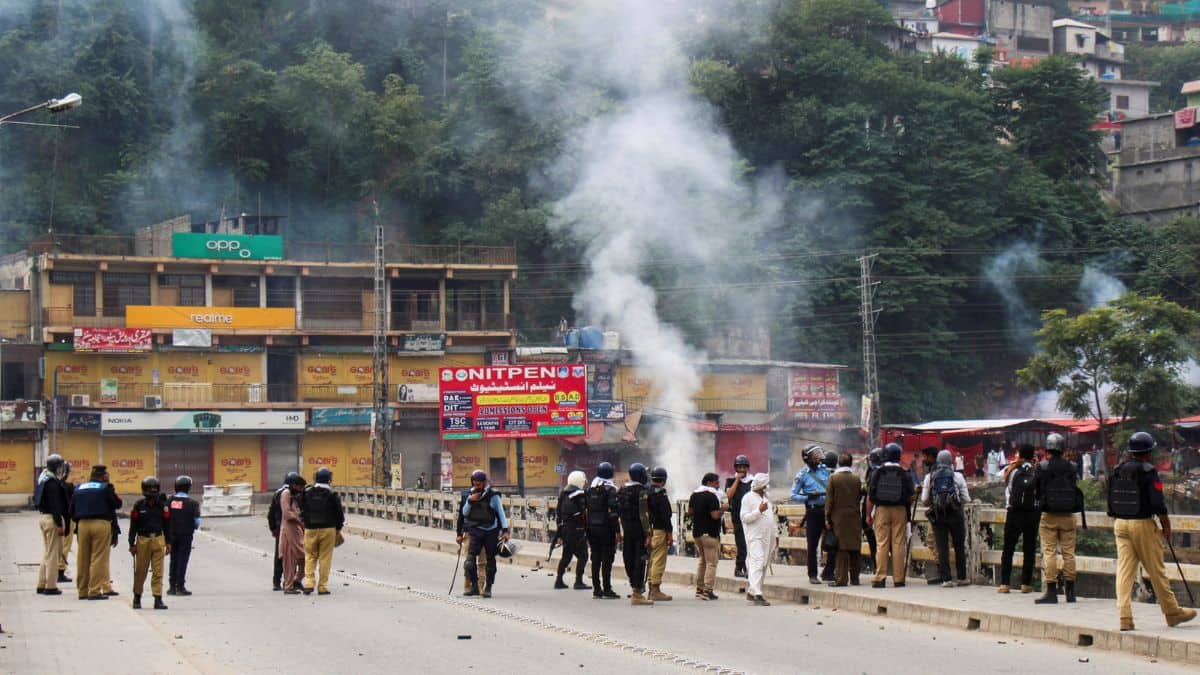
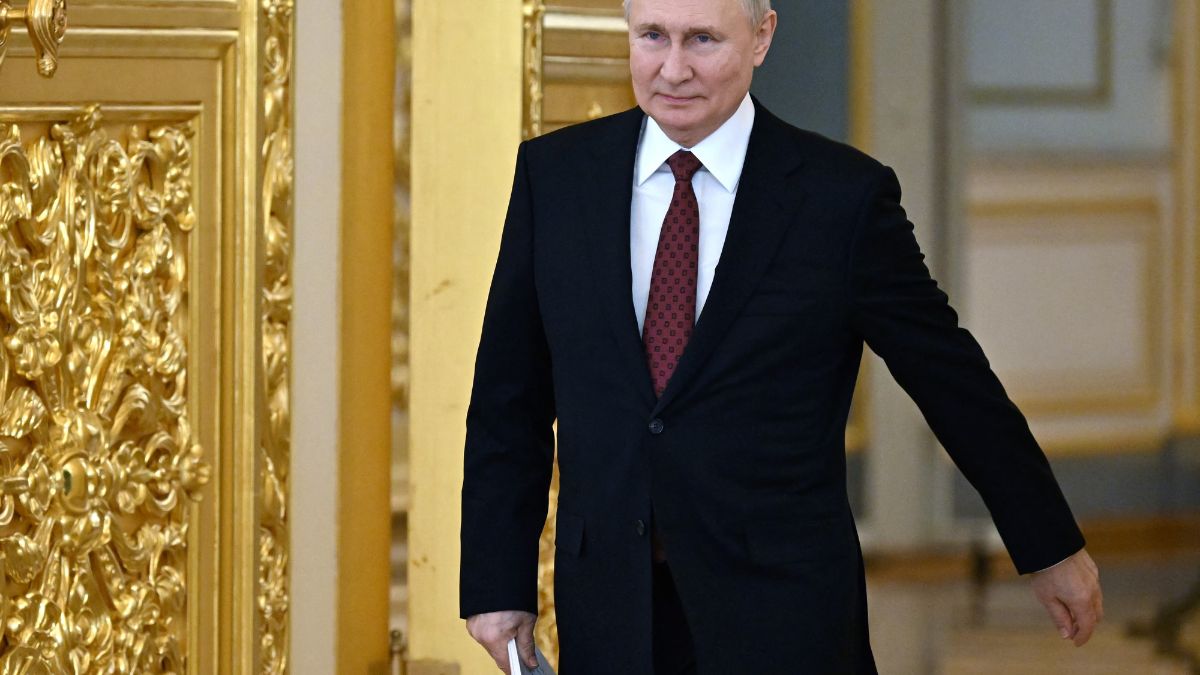)
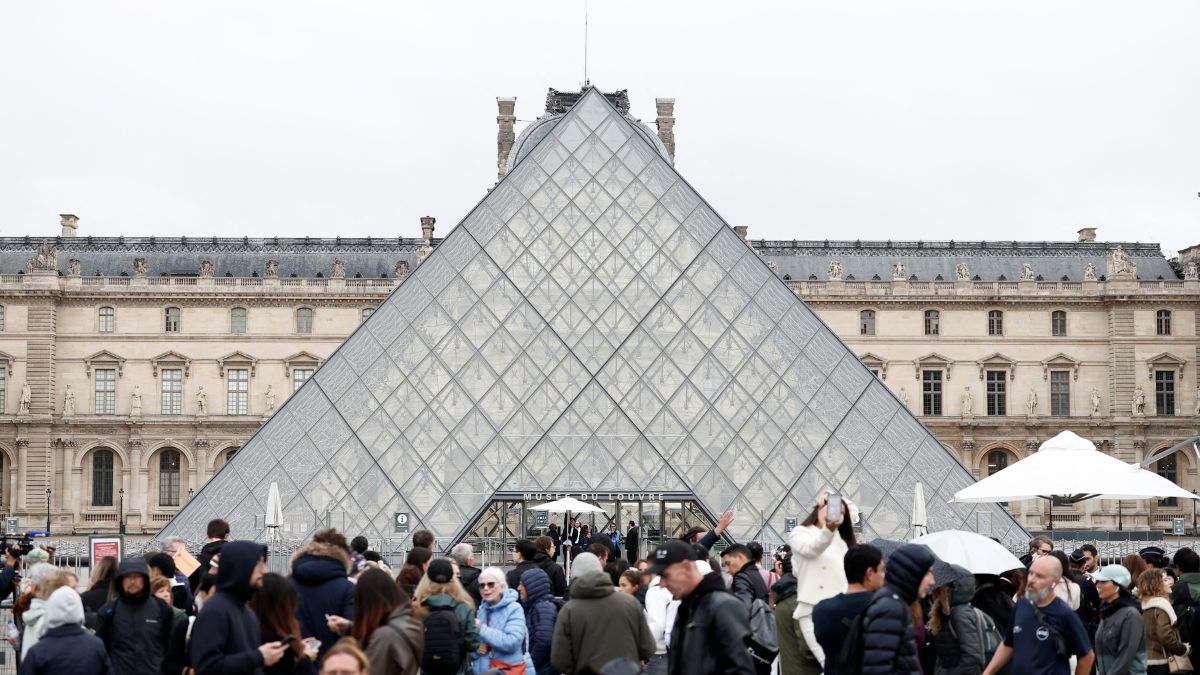)
)
)
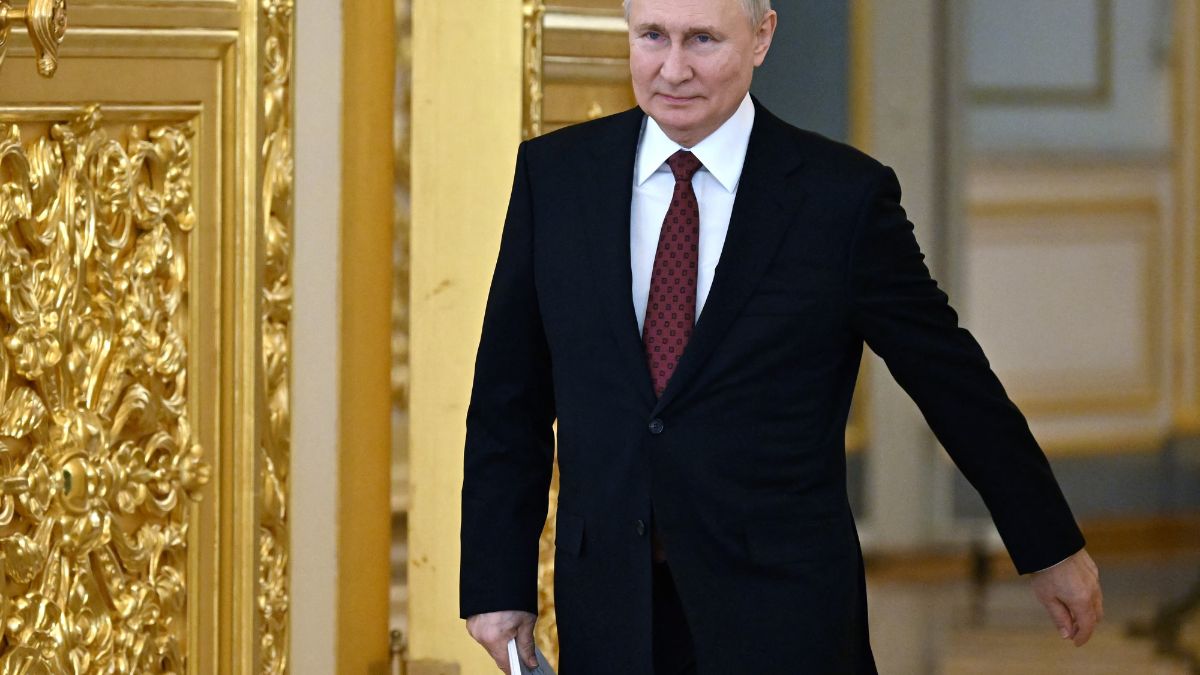)
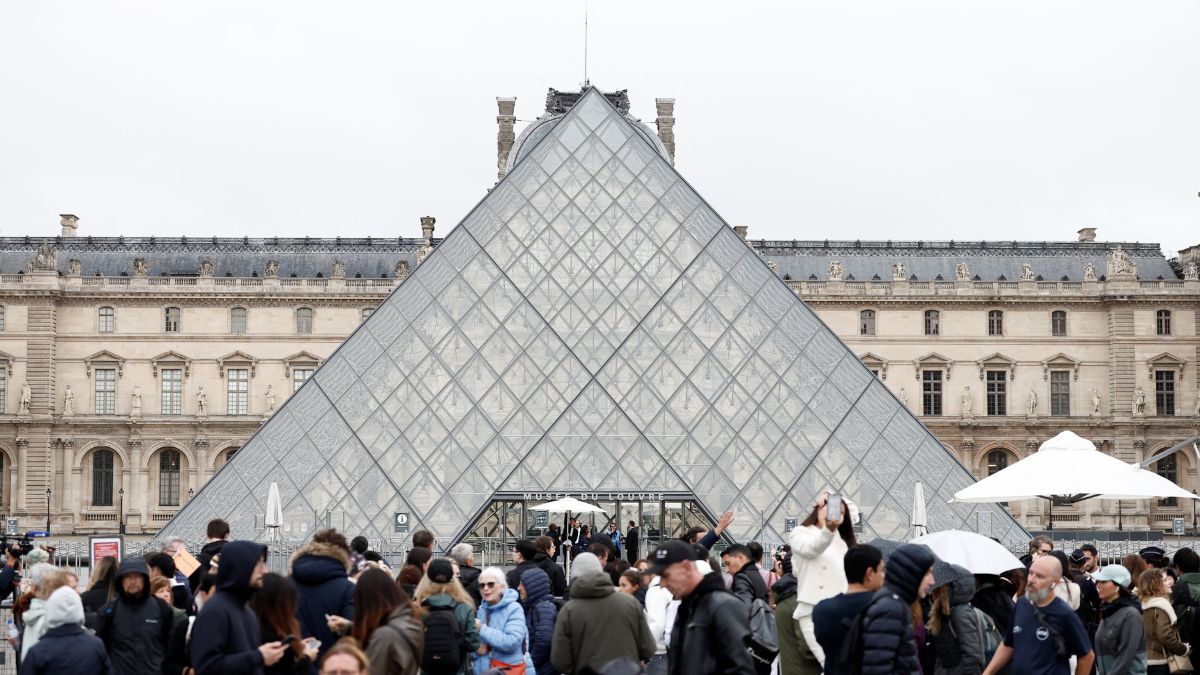)
)
)



